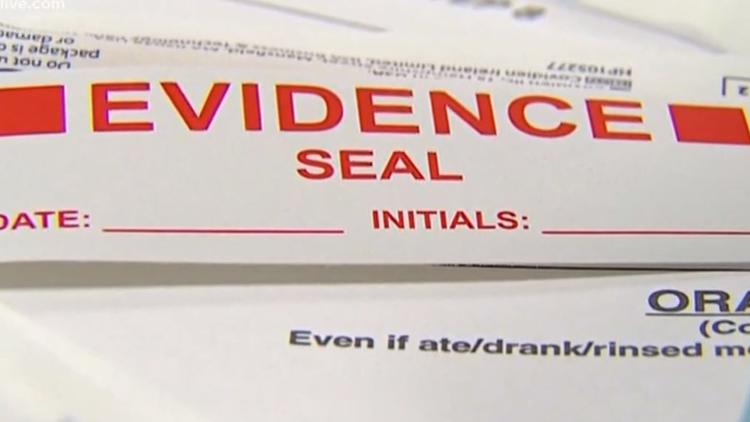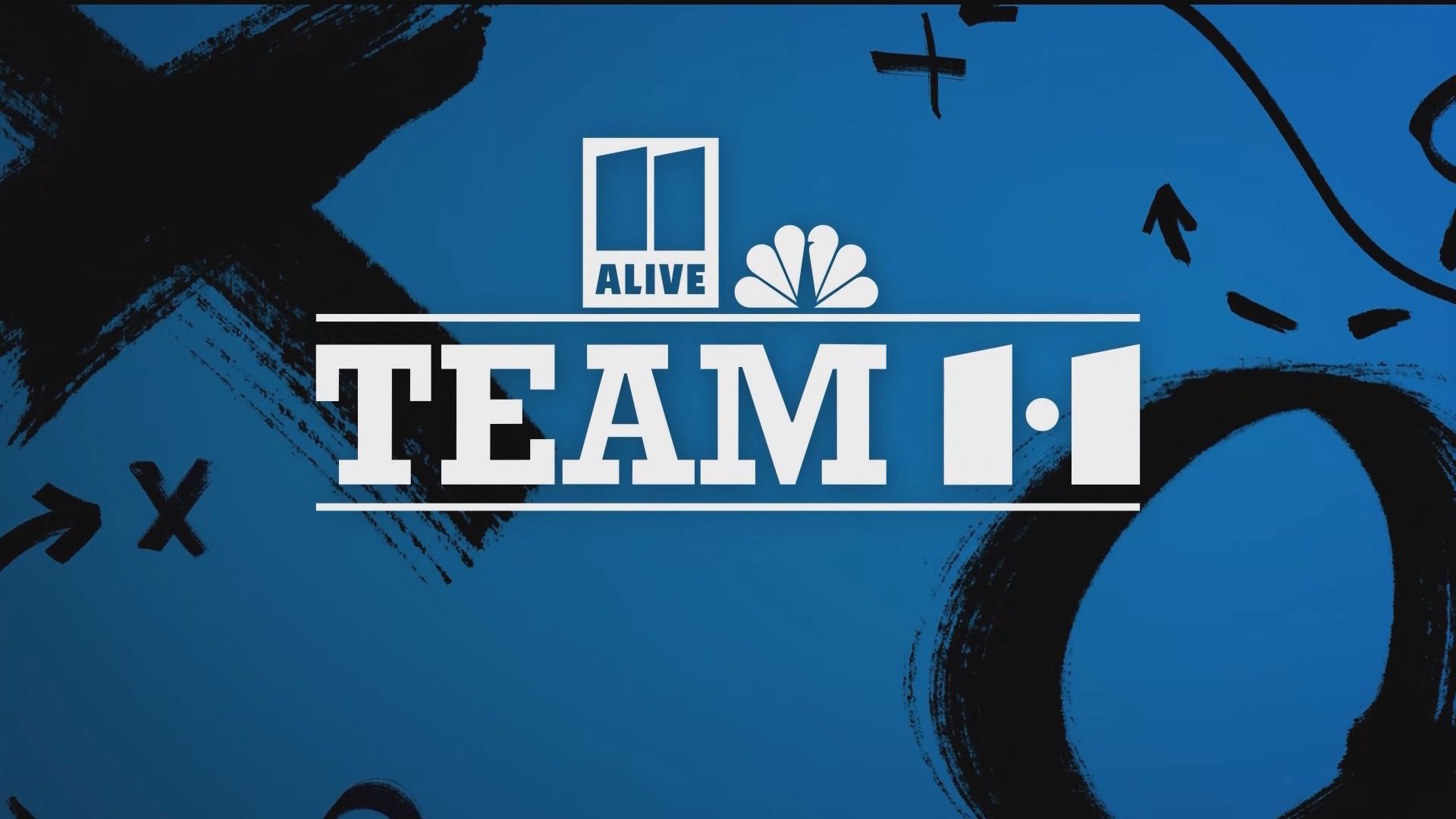Hundreds of thousands of rape kits are left untested across the country, leaving victims without answers and without closure.
In July 2015 as part of a joint Tegna-USA Today investigation, 11Alive reported how the Georgia Bureau of Investigations had a backlog of about 270 untested kits. Months later, in September of 2015, the GBI was awarded nearly $2 million to eliminate the backlog of untested rape kits. It led the bureau to hire a third-party company to help test the kits and get the agency caught up.
Now, the agency says that third-party company is now testing 100 out of the 250 new kits it receives each month. And since testing began, about 250 suspects have been identified through the crime database.
While it's certainly progress, not every rape victim has received results, including one victim 11Alive's Natisha Lance spoke to.
Susan Schuenemann has lived 33 years without knowing the man who raped her when she was just 19 years old.
"He forced me to perform oral sex on him before each time he would rape me," she recalled. "There were many times."
Schuenemann shared some of the crucial evidence from her case, either forgotten or lost.
"These were crime scene pictures, but they were not developed until 2005," she explained.
Schuenemann told 11Alive it angers her that there are still so many untested rape kits, evidence that could put some of the perpetrators behind bars.
"There's such a lack of accountability, and this person changed my life forever," she said, describing how she just wants closure. "t's just a desire to put a name and face with someone who changed mine so greatly."
Nation-wide, there are nearly 400,000 rape kits still waiting to be tested. In Georgia, there are nearly 3,000 still. About 1,600 of those just from last year alone.
"When I hear the numbers... it really hurts," she said. "There's always that glimmer that hope that mine is in there, but it hasn't panned out that way."
The cause behind the sky-high number of untested kits is debatable. Some blame lack of resources, but others say it's they've just been lost track of. For a case like Schuenemann's, it was just lack of technology.
Regardless, Schuenemann said she just wants some sort of resolution after waiting all this time.
"For the last 13 years it's been a fight to find him, but also to hold (accountable) those who should have investigated what happened to me," she said.
Investigators expect all the testing to be complete by July 2019.



